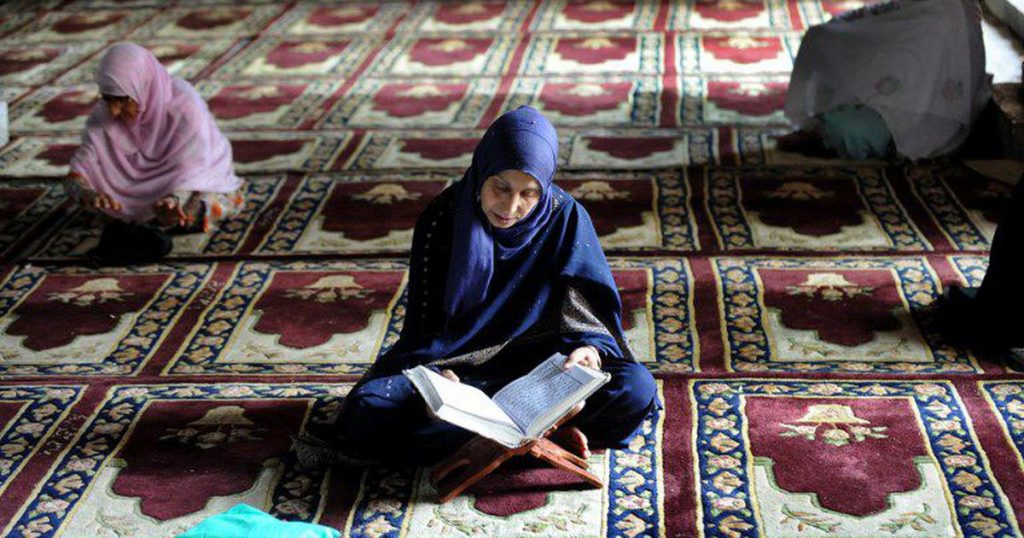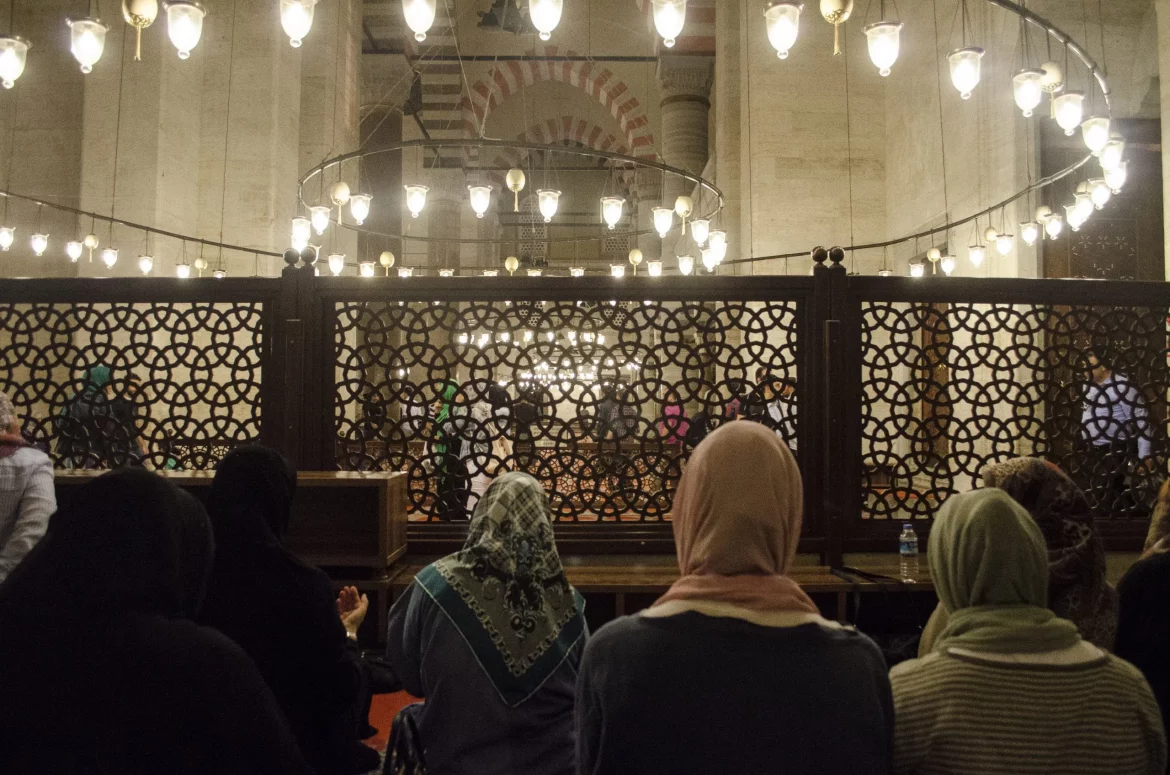Having grown up feeling isolated from her local mosque, Saman Javed speaks to other Muslim women about their experiences and examines how the worship space came to be dominated by men
I could count the number of times that I’ve prayed in a mosque on both hands. I could count the number of times I’ve prayed in a mosque in the UK on just one finger. The city I grew up in has had a mosque for as long as I can remember, and in recent years it has more than doubled in size. But if you were to ask me about this worship space I’m supposed to call mine, the truth is I couldn’t tell you anything about it. I imagine the carpet in the men’s area is soft, and that the prayer mats are jewel-toned and decorative, and that it is bright and airy. Then I think of the women’s section, and my memory casts me back to a dimly lit, small room I prayed in on only one occasion. Among dozens of women huddled together in the tight space, I tried to finish my prayer as quickly as possible as I knew plenty more were waiting outside.
Like many women across the UK, I don’t feel comfortable going to a mosque. It’s not because I have had a negative experience, or that I’ve been turned away. It’s certainly not because of anything decreed in Islam – a religion that champions the rights of women and gives them equal status to men – it’s because I grew up with the internalised belief that mosques were spaces for men. While my father and my brothers would attend the local mosque every week, my sister and mother never did, and I never questioned why.

As per the latest statistics, compiled in 2017, there are approximately 1,795 mosques across the UK. Of these, 72 per cent were found to have facilities for women. While this figure may seem promising, it is mostly a reflection of smaller factions of the UK’s Muslim population. The two different branches in Islam are the Sunni and Shia sects. Under each sect there are various schools of thought due to how the religion has been interpreted by scholars over time. Most Muslims in the UK follow the Hanafi Deobandi teaching, which falls within Sunni Islam. Of the UK’s mosques, 796 of these are Deobandi, but just 49 per cent of these have facilities for women.
Where mosques do cater to women, the quality of these facilities greatly vary across the country. Some mosques only permit women for prayers during key events of the Islamic calendar, such as Ramadan or Eid. This contrasts with services for men, who are welcome to pray each of their five daily prayers in the mosque every day of the year. Muslims of Britain, a directory of UK mosques, also notes in its research that some of the facilities for women may be passed over to men during busy periods, and that some spaces are inaccessible to those with limited mobility.
It is largely accepted that during Prophet Muhammad’s (PBUH) lifetime, both men and women prayed in the same space, but in separate lines. Today, most mosques have interpreted this segregation as a need for separate areas for the sexes. However, prayer spaces for men are often far larger and better kept in comparison to women’s areas.


